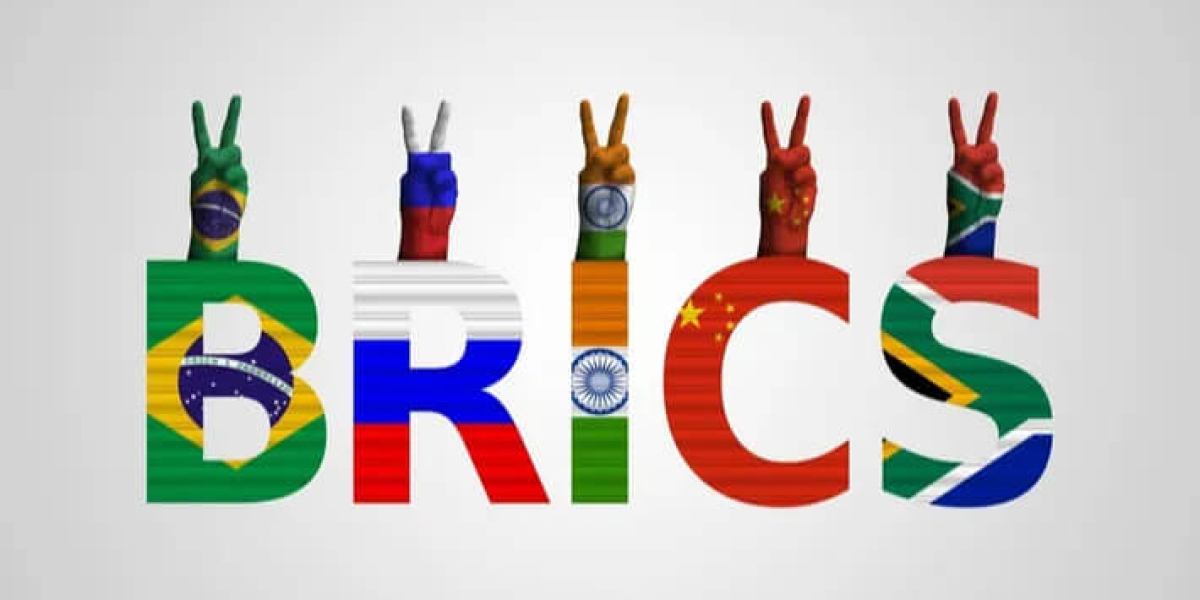BRICS, the economic bloc comprising Brazil, Russia, India, China, and South Africa, has sparked international interest, becoming a central player on the world stage.
Ahead of the upcoming BRICS Summit, a significant development has come to the fore: nearly two dozen nations have expressed their keen interest in joining this influential alliance.
This unprecedented surge in membership requests underscores the alliance’s increasing prominence and hints at a shifting economic landscape.
Russian Deputy Foreign Minister Sergey Ryabkov confirmed the reports, noting an uptick in the number of states wishing to be part of this burgeoning association.
The BRICS alliance has gained traction for its efforts to destabilize the unipolar order of world politics and their initiatives towards de-dollarization, and it appears that these policies resonate with the aspirations of many countries.
Expansion plans and global aspirations
Indeed, the Summer Summit is gearing up to discuss these applications extensively and decipher the potential expansion strategy of BRICS.
What the bloc considers about these nations will play a vital role in shaping the membership course and influencing the subsequent agenda of the alliance.
Ryabkov further clarified the ethos of BRICS. Rather than operating on a leader-follower model, the bloc fosters a platform where members drive a mutually agreed upon and constructive agenda.
The interest from various countries underlines the growing influence of the bloc in the international arena, a testament to its appeal and potential to create significant global change.
Notably, regions currently unrepresented in BRICS, specifically the Arab world and the Asia-Pacific area, are showing marked interest in joining the alliance.
Ryabkov’s comments hint at an ambitious plan to diversify the bloc’s membership, a strategy that would undoubtedly strengthen its influence on a global scale.
Economic implications of BRICS expansion
At the heart of the discussion surrounding the prospective expansion is the concept of a common BRICS currency. Herbert Poenisch, an experienced economist and former senior figure at the Bank for International Settlements (BIS), shared his insights about the proposition.
He explained that this currency would not replace the dollar but rather coexist within the established dollar-centric global monetary system.
China, being a significant trading partner of all BRICS nations, plays a pivotal role in this potential currency change. Poenisch suggests that an initial major step in this direction would involve pegging to the renminbi and aligning bilateral exchange rates.
However, he warns that the creation of a common BRICS currency would not be without challenges. A system would need to be in place to credit countries that incur trade deficits, like India and South Africa.
Poenisch also points out the importance of setting up an institution akin to the European Payments Union (EPU) and a managing agent like the BIS.
As the world anticipates the BRICS Summit, the possibility of an expanded membership and a new common currency adds a riveting twist to the global economic narrative.
These developments have the potential to substantially alter the future of global economics, and all eyes are now on the BRICS alliance as it navigates these promising, yet complex, waters.







